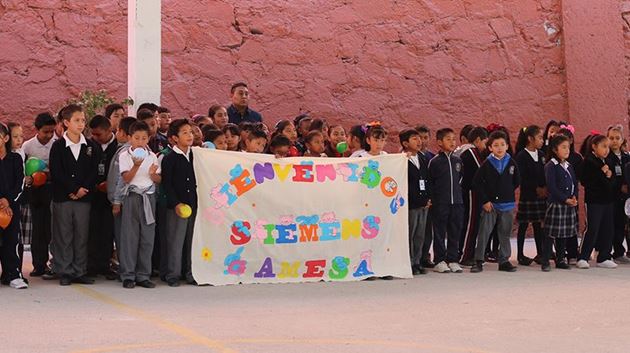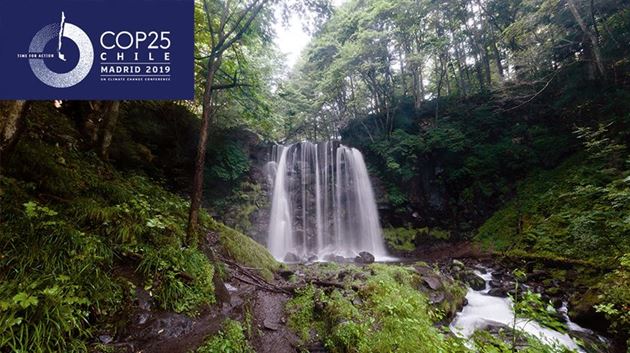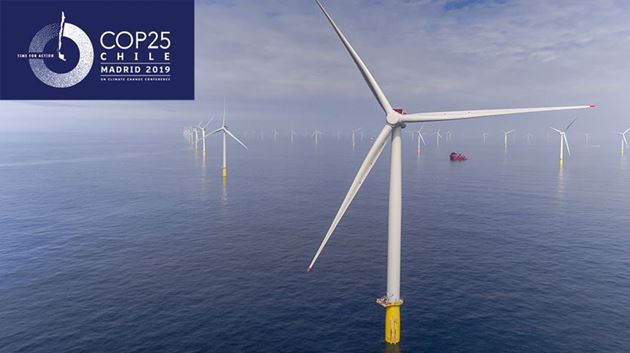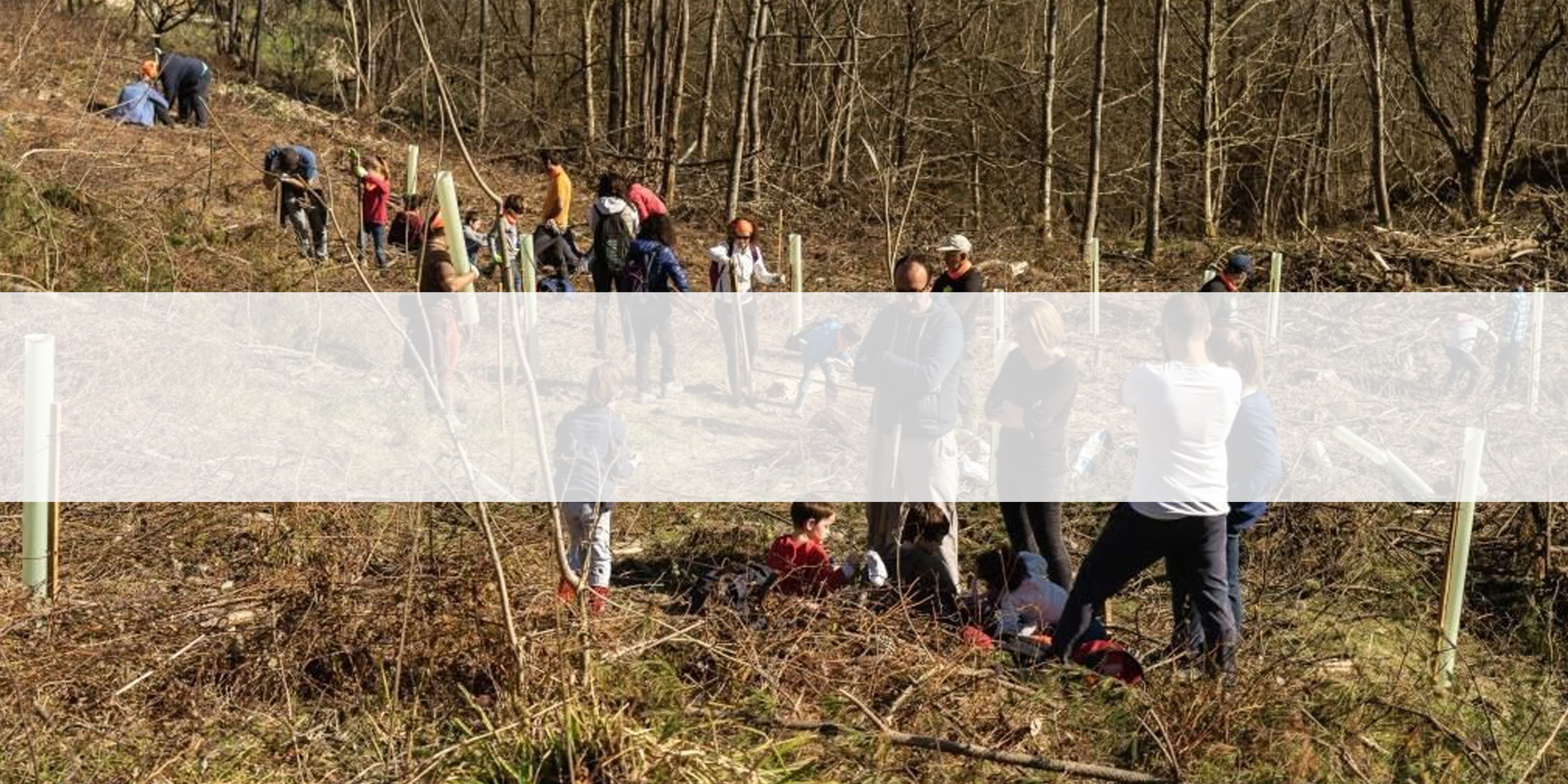
Siemens Gamesa improves the lives of 1,500 people in 2019
SGRE Impact
Madrid / 9 January 2020
In 2019, eight SGRE Impact projects were selected from over 190 proposals in 39 different countries. This is an annual social action initiative that encourages Siemens Gamesa employees to submit proposals for positive change in communities where the company operates.
With the aim of advancing the United Nations Agenda 2030, these initiatives have addressed various issues based on the various Sustainable Development Goals (SDAs).
Take a look at our contribution in each of the communities where we operate in 2019!
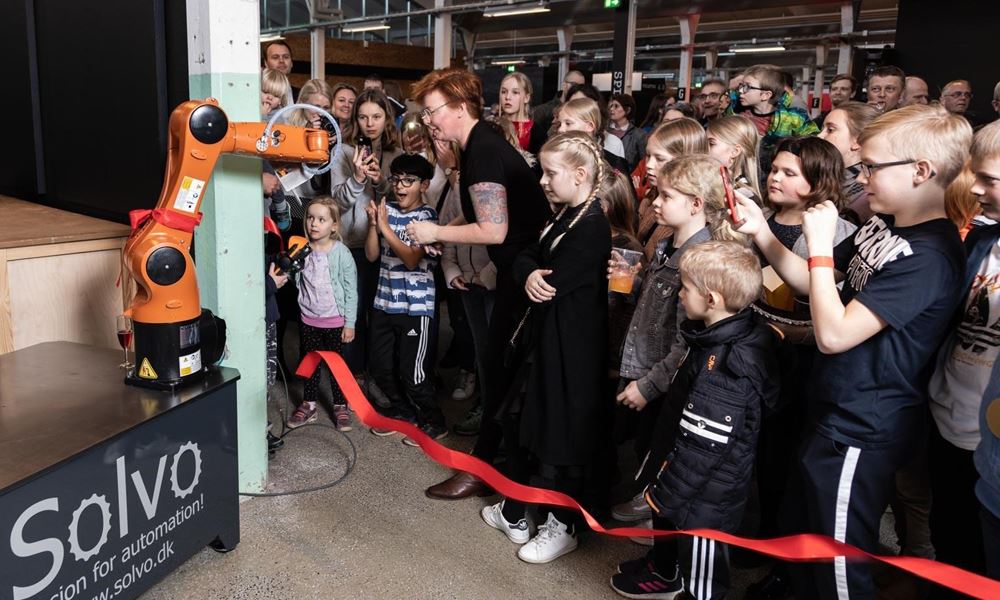
In Brazil, materials and logistical support were provided to 6 different groups of honey producers in the State of Rio Grande do Norte, which means that over 91 producers directly benefitted from this initiative. “Now we have the opportunity that we never had before,” says Roberto Paulo, one of the beekeepers involved.
"When the community listens to someone from the outside who comes and says 'we are in this together', they realize that someone believes in their work and thrives.” These communities become productive members of society and prosper socially and economically because of this material support to the trust placed in them.
These actions have been completed with marketing workshops to enable them to trade their product locally in an efficient and fair manner.
Siemens Gamesa partnered once again with Team Everest to bring the ‘Siemens Gamesa Soccer League’ back. The Soccer League provides less privileged children across rural India an opportunity to explore and develop their sporting abilities. These children live in precarious situations, in rural areas where there is still a gender-bias: “Elders in my town used to say that they were married by my age and ask me what I am doing in life by playing football. I tell them to come out of their confined space and see my skills on the field,” comments one of the girls participating in the program.
This year, three new training centers have been opened, which provide children with valuable life-skill training. “Kids found interest in football and now they are attending schools regularly because of it. We are seeing tremendous improvement in their school studies,” explains one of the football coaches.
This initiative has reached 250 teenagers – with a small majority of girls – through different activities, such as Robot workshops, Robot Bootcamp and a YouTube competition. Thanks to these efforts local schools are experiencing an increase in the number of girls showing interest in technology.
This project has also been a two-way learning street. The kids have learnt skills in robotics, programming and technology, and the volunteers and teachers have also learnt the different perspectives that girls and boys have towards robotics: “The different genders also have very different approaches to building the robots. Whereas design is at the forefront for girls, boys tend to focus primarily on functionality. Therefore, we have seen many ‘ugly’ boxes with a lot of cables hanging out from boys, and visually more attractive robots made by girls,” noted Peter, one of our partners from the Fab Lab Team.
The project culminated in a Robot Gala, where kids have showcased their projects and pitch their skills to expert Siemens Gamesa Robots. “What I have seen is that the girls’ robots are very clear with regard to purpose: they have addressed an everyday problem and are coming up with quite a good solution for it,” highlighted Steffen Frydendal Poulsen, Head of Technology Development at Siemens Gamesa.
PlayOnside, an NGO which focuses on the education of children at the Thai Border near the city of Mae Sot, has been in charge of delivering this project. “We use football as a tool to empower the kids, to have fun, to learn and to play. So, even though football is our main tool, the goal is to educate and to empower and to give opportunities to the kids that are living here in the garbage dump in Mae Sot,” explains Ole Michelsen, PlayOnside´s program director.
Siemens Gamesa´s contribution has allowed this NGO to build a football field, a community house, and also a little garden, a playground, and even musical instruments using recycled materials. “This area will provide a safe space away from the garbage dump, where we are also providing educational lessons in different subjects for the children,” Ole adds. This space is home to about 500 families, and the children do not have a school to go to, so this is definitely a very important part of the initiative.
Another aim has been to break down the barriers for girl participation in this sport, that is seen as a male activity in this area. Thanks to the work carried out, it has become increasingly normal for girls to be allowed to play and have fun with sport.
Under this project students from disadvantaged environments have acquired knowledge, through wind energy, about production and engineering with the aim of increasing their aspirations towards these types of jobs.
Ten primary schools held workshops where children had to build their own small wind turbines that generated energy, they then used to power small Lego cars. Thanks to the help of 20 SGRE employees and 10 teachers, this initiative reached more than 300 local school kids.
“I believe that we achieved our goal: giving these kids a fun filled educational day that I hope they will remember for a very long time. It was not just a great experience for the students, but I believe also for us volunteers. And with a little bit of luck, we have sparked the careers of future recruits for renewable energy,” said Karl Hollis, Finishing Instructor at Siemens Gamesa’s blade factory in Hull, who volunteered at one of the schools.
This initiative provided 11 disadvantaged families from villages near the Ankleshwar Catholic Church Mission with adequate sanitation facilities. In these areas this is one of the main problems faced by families due to poverty and lack of infrastructure in the area.
Initially the project was planned for 9 families, but with Siemens Gamesa´s final contribution and due to the work contributed by many of the beneficiaries, the project was able to be extended to reach 11 families.
“From the Mission, and due to the many years that it has been helping these people, we have a very deep knowledge of these families and their components, knowing with great precision the real needs and capacities,” say the volunteers for our local partner. This means assistance has been provided to over 60 people, providing solutions tailored to their specific needs.
This initiative has enabled the construction and installation of water and sanitation systems in two local schools near our Tangier plant. Over 200 kids now have proper facilities and SGRE employees have contributed to educating the kids and villagers on the importance of safe water use and hygiene.
Rajaa Hatim, Internal Services Professional at Siemens Gamesa's Tangier plant and leader of this initiative, explains the rationale for this specific project: “Access to water resources, as recognized by the UN in their Sustainable Development Goals, is an essential need for everyone. Our initiative is a great success mostly because for many villages in Morocco, having clean and functional sanitary equipment has been a luxury they could never afford. That is why the project is celebrated as a big milestone for the local community”.Thanks to the initiative the area will be safer for the children and the school’s neighboring communities, and in turn children can concentrate on what really matters: learning. “Before today, we had no toilets and no water access, now we finally have access to not only that, but the whole school has been renovated too. We can concentrate on our studies now!,” – explains Adam Amtot, one of the school children at Daya Primary School.
Thanks to Siemens Gamesa’s contribution, the Basque organization Fundación Lurgaia was able to acquire five hectares of land for forest restoration in the Urdaibai Biosphere Reservein the Basque Country to create the largest oak forest in the parkby changing land use from a wood plantation of rapid-growth species, to a forest of native species.
As well as acquiring the land, 1,200 trees and shrubs were planted on two hectares of the land. Many of these trees were planted by 59 employees, and 171 family members and friends over the course of two volunteer days in early 2019.
“I proposed this project because it was a brilliant opportunity to make a real and noticeable change in the environment,” says Sofía Fotanils, Environmental, Health and Safety Professional at Siemen Gamesa’s Zamudio headquarters and applicant for this initiative. Thanks to her application, SGRE volunteers were able to spend a day in nature, improving their local environment, while building team-work skills. “We came from Pamplona because we really like this initiative. We are able to spend a day in nature. Our mission is to create a better future for the next-generation and we are all working together in a team, we are doing team building activities, so it´s a great initiative,” comments Pastora Vázquez, one of the SGRE volunteers highlights.

